[Confession]
Alright guys, we've gotta come clean. Last week we posted a video of some PvP. This wasn't entirely true...
In fact, that was Skyward facing off against the AI! Enemies in New Eden are designed to be intelligent and, to a degree, unpredictable. We wanted to show off just how capable they are! Give it another watch and see if you can tell that it's an AI or not!
https://www.youtube.com/watch?v=AUxZz-WU75Q&feature=youtu.be
Let us know what you think of the AI on display and any ideas on how we could improve it!
[Concept Art]
ThunderWolf has brought us another stunning piece of Concept Artwork! This time around he's done a piece on Rottwell's Hounds. Check it out!
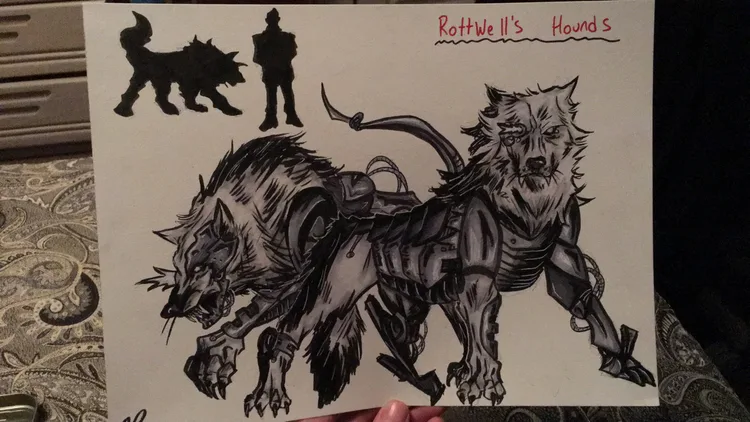
With this kind of talent on display from this team, we hope you're all excited as we are to see New Eden released!
[Music]
While we're gearing up for what's going to be the opening 25-35 minutes of the game, it struck us that we didn't have any music for the first Boss! Now, not every Boss will have it's own music, but we really want the first sitting to be gripping and engaging, locking you in to the world of New Eden! Have a listen at what Sky believes is his best piece yet!
https://soundcloud.com/skywardriver/arachnaut-new-eden
He was able to utilize his new Rav Vast drum in this piece as well! Be sure to let us all know what you think!
[On Storywriting]
When we look at game stories we can make at least two generalizations regarding the basic structure and correlate the success of each in communicating their stories. The first of these would be a more traditional approach, which we can call the “Shooter Strategy”, and the second at least attempts to navigate some of the many pitfalls that come up in game writing, which we can call the “Adaptive Strategy”.
We’ve labelled the “Shooter Strategy” thus because it’s most noticeable in games like Call of Duty or Battlefield. The main focus of these games is on the online multiplayer component, and it’s not the intention of this analysis to say that these are bad games. However, the storytelling in the single-player portions of these games are usually told basically like a movie.
There are set characters who you take control of and lead through a largely linear gallery of enemies. When you reach the end of the gallery, you are treated with a short cutscene and then brought to a different gallery in a different environment and asked to repeat the process.
These stories usually fail to engage on levels beyond the excitement of experiencing large, heavily pre-programmed setpieces. Some games can do this more successfully than other. Games like Uncharted or the Last of Us utilize this format, and since their characters, animation and acting are generally strong, the player finds connection to the characters and becomes engaged in the story even though their own actions have little influence over what happens on screen. But, just like in theatre, the Player is asked to suspend their disbelief and accept things like the fact their character dies and retries often, or that they have little to no choice on where their character goes or what their character says or does at any given moment. A good example of the failure of this strategy would be something like Destiny (at least the first release). They had an incredibly interesting world and lore set, but tried to cram most of it into this limiting and linear format of storytelling and the world ended up feeling fairly empty, and largely failed to engage simply due to the fact that every bit of information was fed to the Player through expository dialog, and supplemented only through text-based information available in menu screens. If you wanted to engage in the lore, you had to stop playing the game in order to do that, and that ends up being disrespectful to the Player, who bought the game to play it.
The funny thing is that this lack of choice is inherent in games. Games are programs, and until we are able to implement AI into the storytelling process we are going to be severely limited in the kinds of stories we can tell and the kind of control or freedom we’ll be able to give the player. The laws of the game story are that the flow will always be broken by the concept of death/respawning; the level of choice/freedom available to the player will always be limited to the amount of content able to be written and the amount of variance allowed by programming; and knowledge of the game’s world will always have to be communicated to the player through exposition, usually in dialog, which, in a game like New Eden can very quickly start to sound cheesy and heavy handed, explaining things that a character living in that world would probably already know and be actively taking for granted.
The “Adaptive Strategy” is not new or revolutionary. It is basically just a strategy where these shortcomings are identified and the storytelling experience is modified to work these shortcomings into the lore, characters, and story. They cease to be shortcomings and now become important pillars in the communication of theme. Great examples of this are in Final Fantasy X, where Tidus is an outsider, as new to the world around him as the player. This solves the exposition problem, as the character has as many questions about the world as the player does. The indie game, The Swapper, has you making copies of yourself and swapping control between them to solve switch-based puzzles, but its story compliments this by dealing with the question of “what is consciousness, and what does it mean to move that consciousness between bodies? What’s more real – my thoughts or my body?” The Metal Gear games always attempt to ask the player why it is that they are blindly following orders, even though the game gives no option to do anything but. Sekiro recently worked the fact that you die often and are reborn into the story – the character dies as much as the player and those deaths have consequences in the larger world. Modern RPGs have utilized the choice/consequence system, which changes dialog and actions to give a different vibe to to a scene that usually ends up playing out in relatively similar ways, but these superficial differences create the illusion that the player has more choice, freedom and influence on the world than they actually do.
In New Eden, we’ve tried to mitigate a few of these shortcomings. Of course, the Player gets to customize their own character and participate in dialog trees to give more interactivity and to create the illusion of choice. Their character also has no memory, which solves the exposition problem. But, since New Eden is largely an online game with single-player components, even though the Player will be having this personal experience going through the story mission, they will also be sharing the larger world with their friends, each of whom is also experiencing the same personal story that the game is wired to tell.
One of the major themes we’re dealing with is that of fate. Are we who we’ve been in the past or do we have the power to change ourselves and our minds and be who we want to be? We are also dealing with a lot of metaphysical themes as the interplay between different religions and belief systems is a major source of conflict in the story. And whether your personal beliefs are religious, spiritual or firmly rooted in science, ideas like alternate realities or timelines, free will versus fate, and generally how we distinguish good actions from bad tend to permeate the experience of living and actually play well into the limitations of interactive storytelling.
First, we would like to treat the other real people the Player will interact with in the online component as exactly what they are – different versions of the same character, on the same general path but maybe making different choices along the way, or possessing a different set of skills, or just distilling the world in a different way. From a psychological perspective, our personalities – that which makes us believe we are an individual – are built up as a reaction to what we’ve experienced. For most of us its development begins before we begin to form memories, and it’s difficult to see what things may have influenced us to believe in certain ways.
We would also like to implement a system of choice and consequence into the game. We feel it’s almost mandatory these days – expected from next-gen RPGs. But since the game is so huge, we don’t want to get into Mass Effect territory. By the end of the third game it became very apparent that for all the hype, the choice/consequence mechanic in that game was still that simple good/bad meter, and it all came down to one last binary choice that had what most interpreted as basically superficial changes to a single universal outcome. People were only disappointed with this because they had been promised a level of freedom that a game at the time could not possibly deliver on. To get the Mass Effect we were promised, AI probably would have had to have been utilized to actually write an experience unique to each player.
To get a little philosophical, if you think of time, there’s a duality that you’ll inevitably come across. On the one hand it seems very obvious that we have free will, and are constantly making choices that lead on different paths. But on the other hand, our past seems completely set to the point where we almost feel like the decisions we made had to be made in the way they did. If we continue that thought and put ourselves in the shoes of a figure from the past – think of a Roman centurion, going about his day, eating, sleeping, doing his job and all the while believing that his future is his to mould, and subject to the application of his free will. But from our perspective right now, everything that that centurion ever did is hard set in the past. So from the perspective of somebody hundreds or thousands of years into our future, even what we perceive as our future actions here in the present will have been relegated to the immutable past.
So what seems more likely? Fate or Free Will? Strangely, though they seem mutually exclusive, it almost seems like both exist in tandem.
So while we traditionally look at the idea of a branching story as having one beginning and several endings, if we want to mimic the actual experience of moving through time, a more accurate distillation might involve the idea of many beginnings and only one possible ending. I started my life not knowing what I wanted to do. I tried many things as I grew up, but as I did the number of options grew smaller and smaller as I found out what I liked and disliked; what I was good at or not good at. So let’s say I finally figured out I wanted to be a writer. I’ve gone from the infinite amount of possibilities of every vocation known to man down to about 3 or 4. I could write books, I could write movies or plays, I could write journalism, or maybe I could write games.
So I keep working at those things, and eventually life gives me New Eden and now here I am at the logical conclusion where I am a game writer. Many beginnings, but one ending.
Since all choice and freedom in games (and possibly, in life) is inherently illusory, we want to endeavor to give more choice in the beginning of the game, and slowly start to remove that choice. If every line of dialog that the Player has in the beginning is a dialog tree, maybe half-way through the game only half of their dialog is a tree, and the other half is pre-written. If every mission in the early game has different methods of approach or different outcomes available, at the end of the game maybe the Player has no choice but to carry out very specific directions.
From a purely writing perspective this is all pretty simple. We just have to create dialog and scenarios that highlight some of the ideas. But from the larger perceptive of game design this will encompass the field of the art and programming and require collaboration and communication from all members of the team. If there’s a gameplay experience that we want to give the player, purely for its entertainment value it will be much more engaging if that experience is justified within the world we are all building. So if we all have an idea of the philosophies we want to apply in the building of this world we’ll have a better chance at creating a full, thought-provoking and engaging experience for the Player.
[Polish]
While messing about with the in-game Combat System, we noticed that the damage numbers felt a bit static. They merely appear when being struck or dealing damage. That's no fun! It also leads to an unpolished feeling product. While many players don't consciously notice the presence of stuff like this, we think that they actively notice the absence of it as well. So! We made damage numbers just a bit more fun! They now have a slight "pop" animation when entering the world! They also fade away now rather than simply vanishing from existence in a single frame:
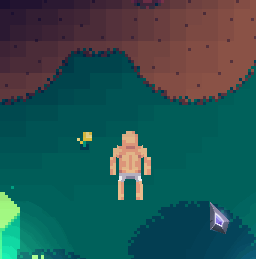
On another polish note: we've mentioned in the past how we want loot to feel exciting. We want that Diablo style joy at seeing something amazing drop, and to us, that ties in to seeing how it enters the world! Now, while modern 3D games like Diablo 3 can have this effect automated, we here on the New Eden team have to manually animate each and every item's drop effect. The result is something like this:
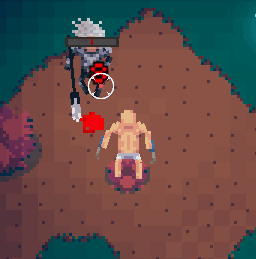
Be sure to let us know what you think of these small polish improvements!
[Engine Work]
While it's no secret that we use Unity, something that may not be as well known is the widespread drawback of our Networking Framework: You can only use 1 scene. While previously Sky cheated this by adding in a scene specifically for the Main Menu, the in-game world itself could only really be 1 scene. This was getting tedious as the bigger the in-game world gets, the slower it is to load and edit. There's also some careful load balancing that needed to be handled.
Instead of dealing with those headaches, we've opted to break the rules a bit. After some hard work and ingenuity, we've managed to break free of the shackle that the Networking Framework placed on us. We can now have as many "world" scenes as we want, and the server handles it all just fine! This not only helps for organization and ease of editing while in Unity, but also helps with Load Balancing in-game! Previously we were considering a "chunking"-like system where we would enable/disable large chunks of the world the Player was too far away from. With this multi-scene approach, we have a cleaner, easier method of doing that. We simply load a new scene! This is a huge step forward and a weight off the minds of our developers, and we can't wait to push it to its limit!
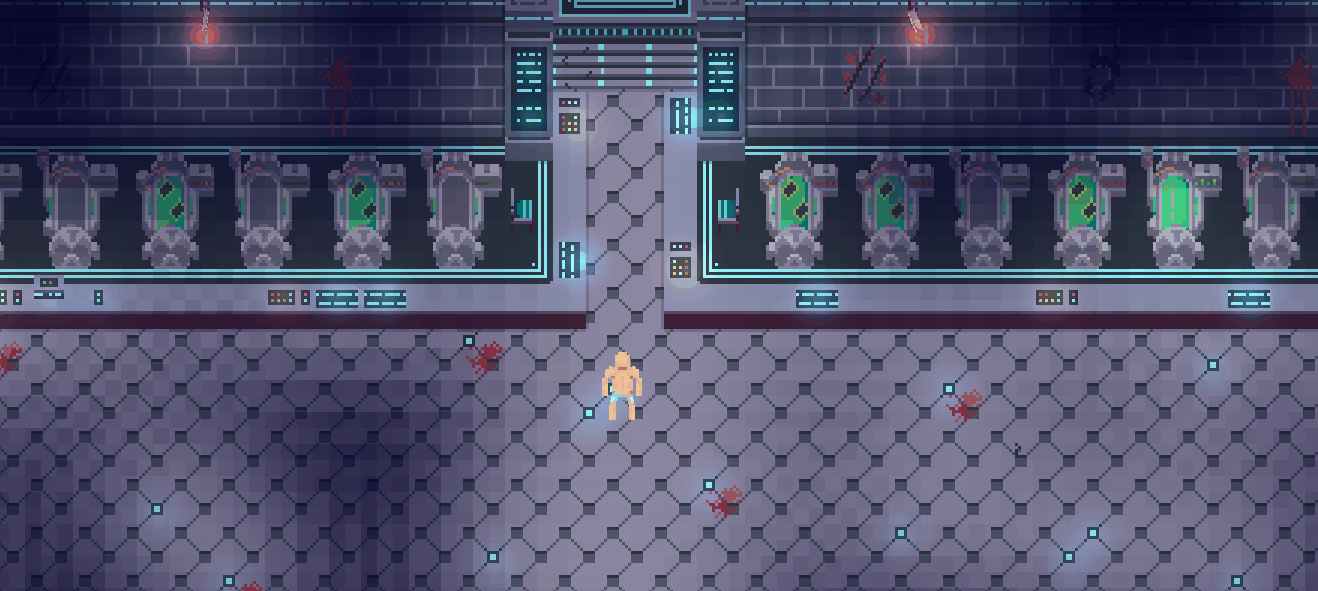
Thank you all so much for the ongoing support! We have an exciting month ahead of us, so be sure to tune in for next week's Dev Log! Also be sure to leave us any and all feedback for this week's Dev Log!
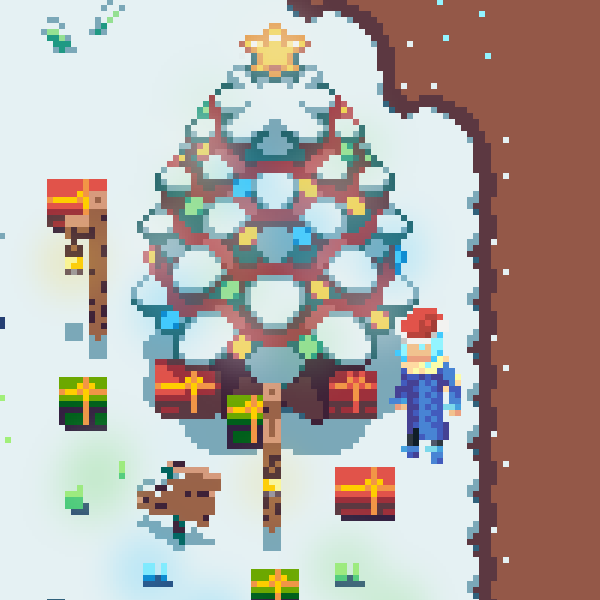
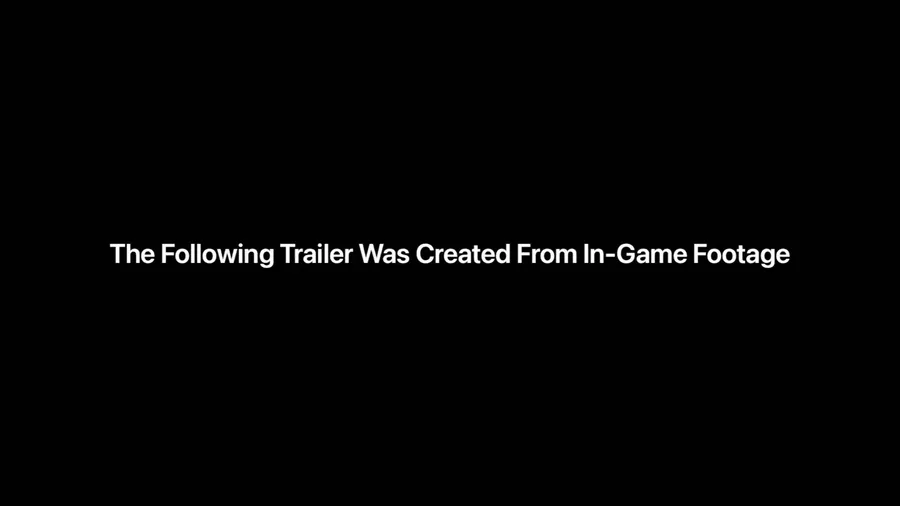
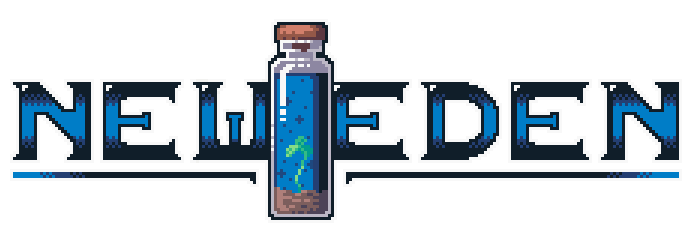
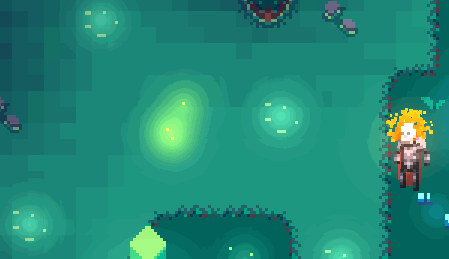
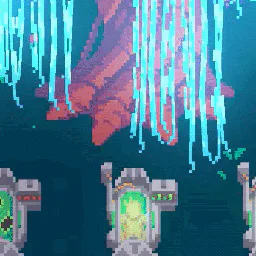
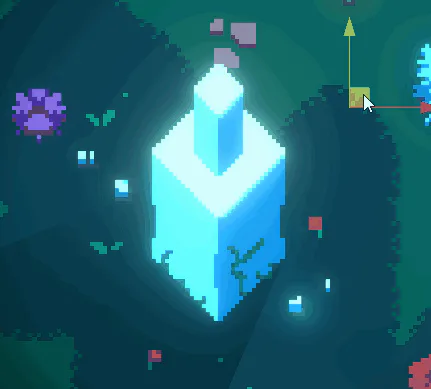
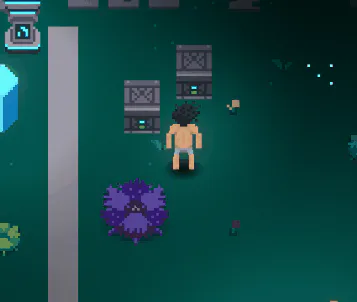
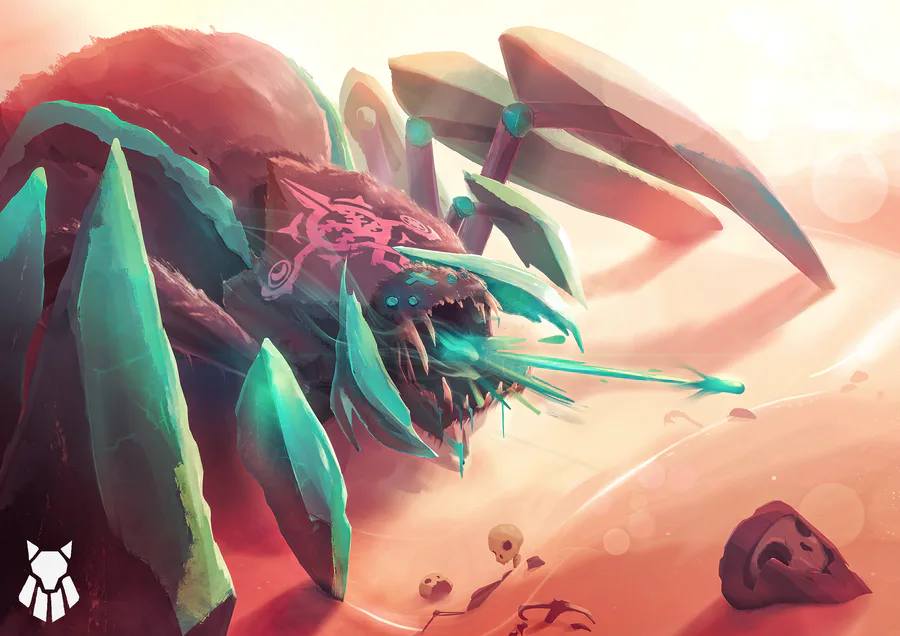
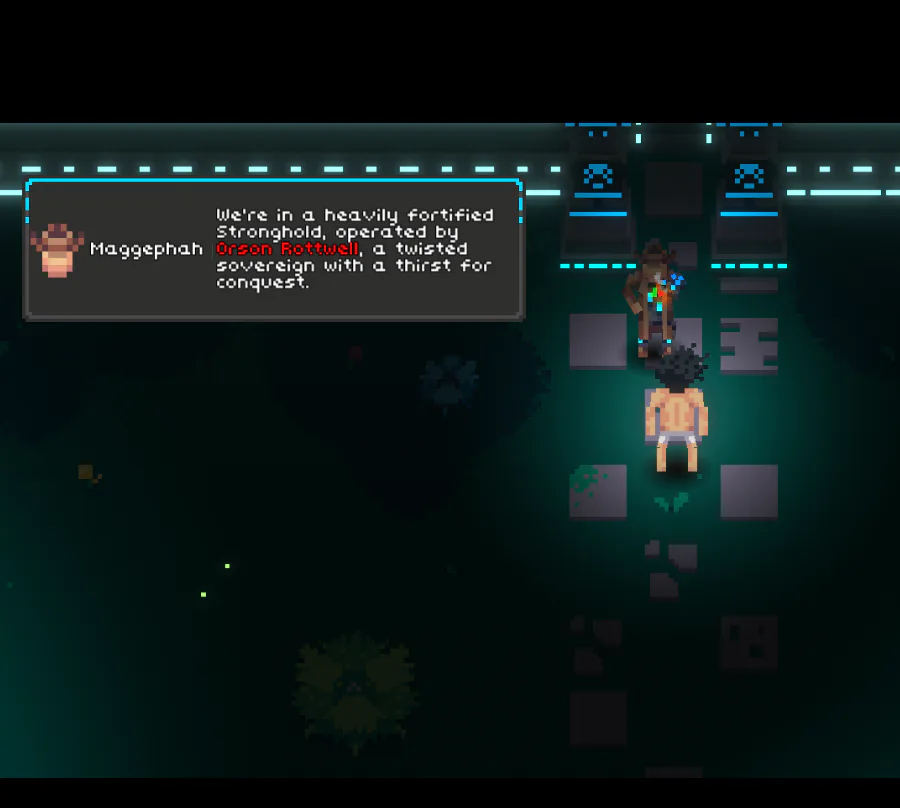
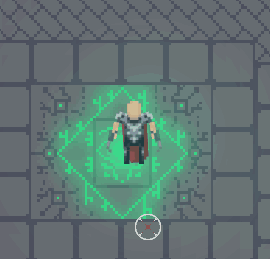
0 comments